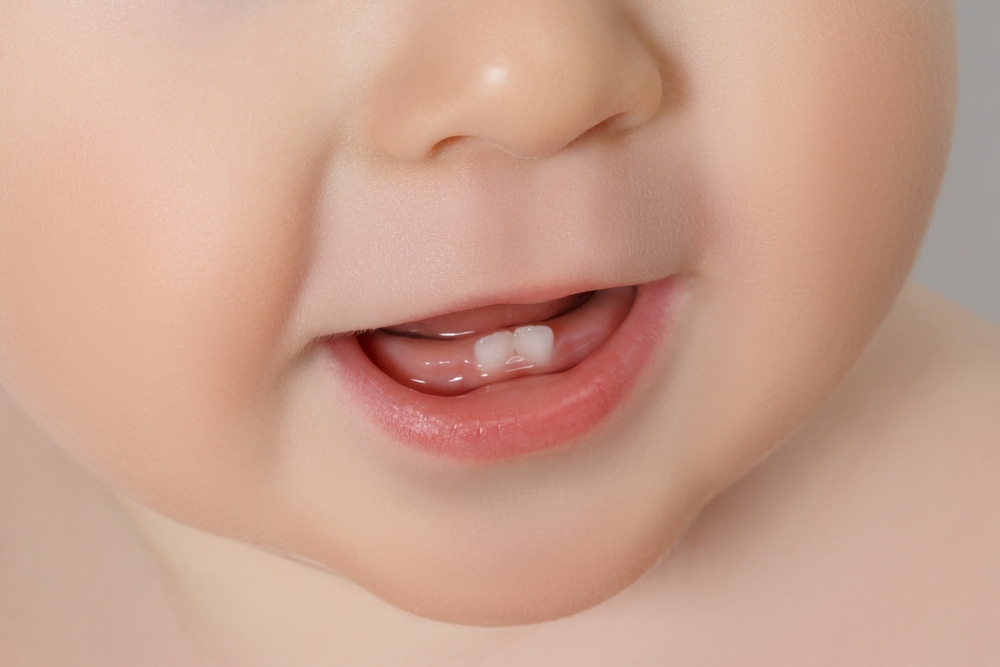
0-6 months
Whether you have teeth or not, keeping oral hygiene is a good thing to do from the beginning of your baby’s birth. For babies without teeth, mothers should wipe the baby’s oral mucosa with clean gauze or cotton balls dipped in water.
6 months-3 years
- 5-8 months
The baby will grow its first deciduous tooth. This is what parents should help their children brush their teeth at least twice a day. For young and uncooperative babies, parents can use [knee-to-knee method] to help their children brush their teeth.
- From the eruption of deciduous teeth
Parents should take their babies to see stomatologists regularly. On the one hand, they should evaluate the eruption of deciduous teeth; On the other hand, they can start applying fluoride to their children to prevent tooth decay.
Applying 1-2 times a year is a key means to prevent tooth decay.
3-6 years
After children gradually break away from their parents’ help and start brushing their teeth, what parents can do is to help their children choose cleaning appliances, including toothbrushes, toothpaste, dental floss, etc. And know, supervise children to brush their teeth regularly, floss, and check the effect of children brushing their teeth.
Once tooth decay is found, the child should be taken for treatment as soon as possible.
After the age of 6
Children after the age of 6 can brush their teeth autonomously and effectively like adults. It is now generally recommended to use [modified Babbitt Brushing Method] to brush their teeth. Several Key Points of Babbitt Brushing Method:
1. The bristles face the junction of gums and teeth at 45 degrees, and gently exert force.
2. Moisturizing small range (2-3 teeth) horizontal tremor
3. Brush to each surface of each tooth that can be brushed.
Share a word
A few days ago, I heard a very reasonable saying: [Your self-discipline is hidden in your teeth]. Teeth run through a child’s life, whether deciduous or permanent, should be well protected.
